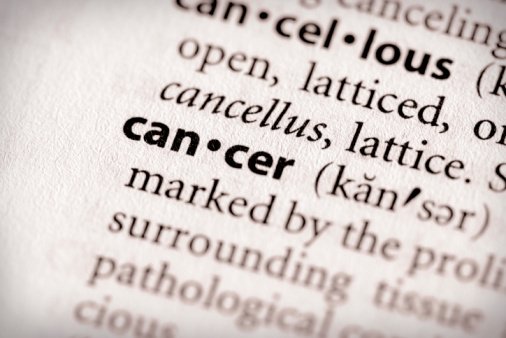
Japan's health ministry gives orphan drug designation to Eisai's lenvatinib
Singapore: Eisai has received orphan drug designation from Japan's Ministry of Labour, Health and Welfare for its multikinase inhibitor lenvatinib mesylate (lenvatinib) for the treatment of thyroid cancer, the drug's prospective indication.
Lenvatinib, discovered and being developed in-house, is an anti-angiogenic agent with a unique inhibitory profile against the receptor tyrosine kinase. It is a potent inhibitor of the vascular endothelial growth factor (VEGF) receptor, VEGFR2, rearranged during transfection (RET), and a number of other types of kinases involved in angiogenesis and tumor proliferation. Based on the results of clinical studies conducted thus far, lenvatinib is expected to be effective in the treatment of patients with thyroid cancer.
Thyroid cancer constitutes an area with significant unmet medical needs due to the limited treatment options available for patients with advanced stages of the disease. To address this issue, Eisai is currently conducting phase III studies with lenvatinib in patients with radioiodine-refractory differentiated thyroid cancer (DTC) as part of a global development program that encompasses the US, Europe, Japan and other parts of Asia, with the aim of submitting marketing authorization applications for the agent before the end of fiscal 2013.
Furthermore, Eisai is also conducting phase II studies investigating the potential of the agent as a treatment for endometrial cancer, melanoma, glioma and non-small cell lung cancer, primarily in the US and Europe, in addition to a phaseI/II study in hepatocellular carcinoma (HCC) in Japan and Asia.
Eisai defines oncology as a therapeutic area of focus, and has already received orphan drug designation for a number of anti-cancer agents currently under development. Halaven, a novel anti-cancer agent discovered and being developed in-house, has been designated as an orphan drug for soft-tissue sarcoma by the US FDA, while the folate receptor alpha monoclonal antibody farletuzumab has been designated as an orphan drug for ovarian cancer by both the FDA and the European commission (EC).




